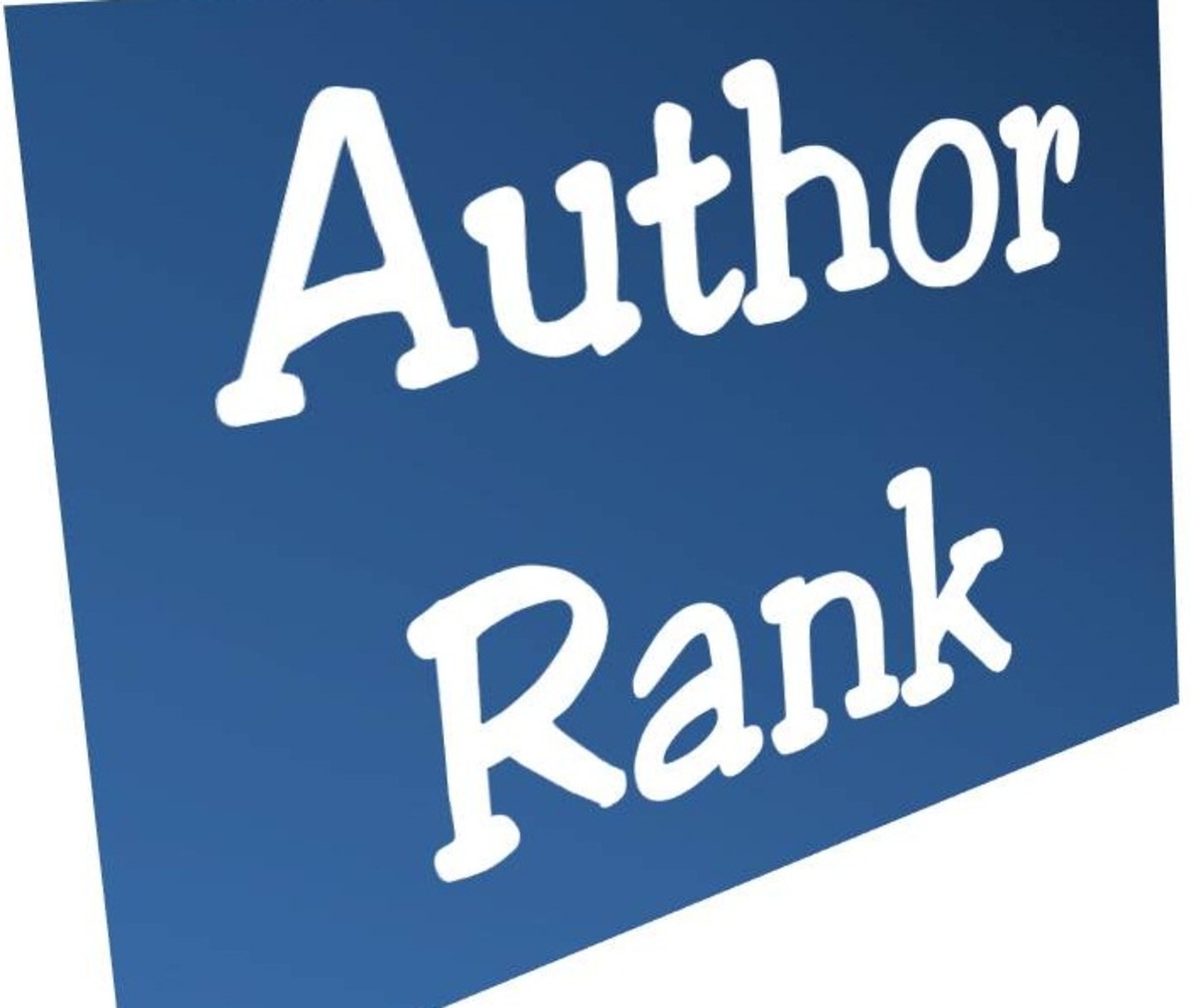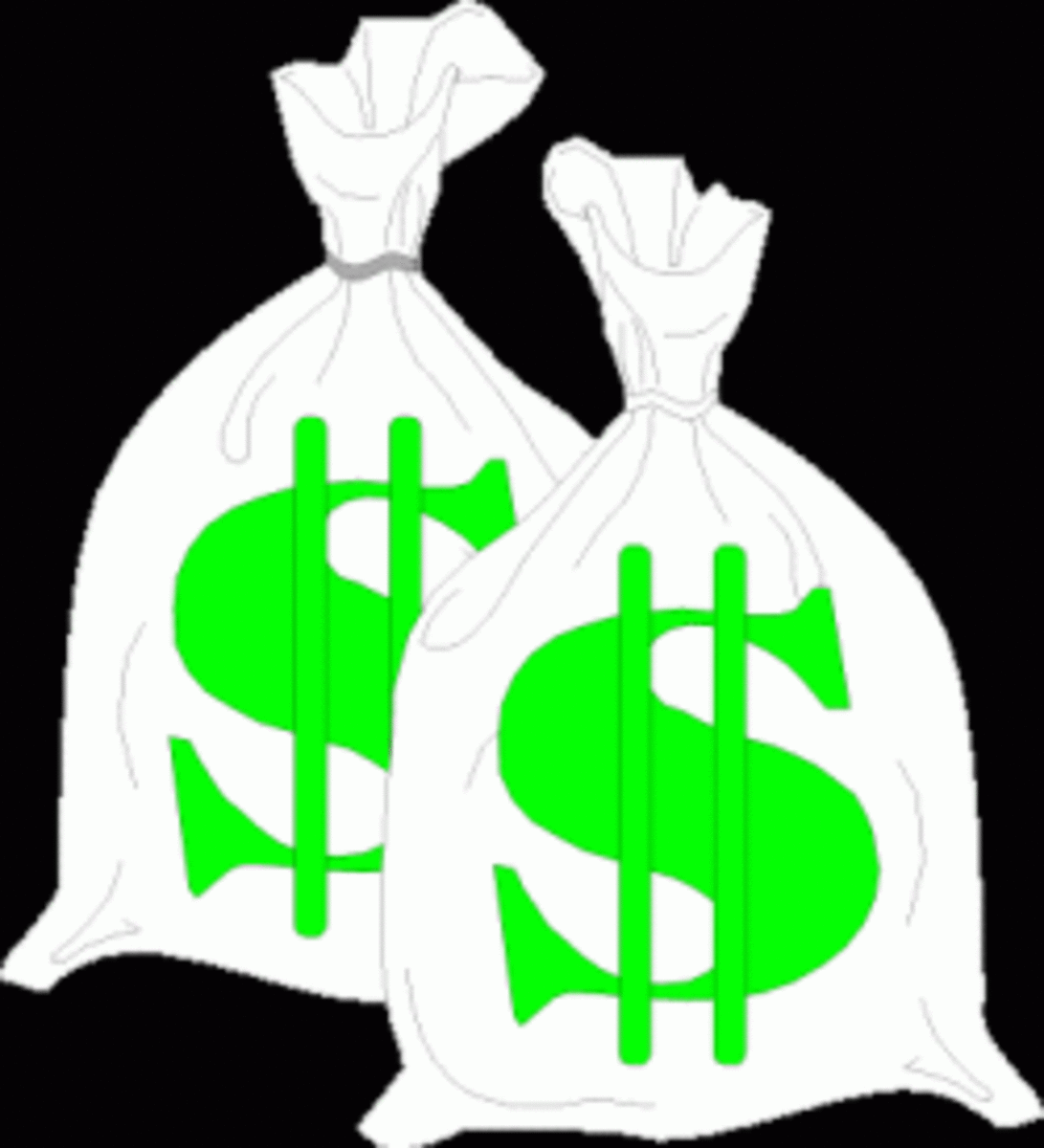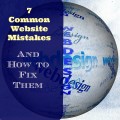The Google Sandbox is a Not a Nice Place to Be
Have you ever been in the Google sandbox?
Google's sandbox is not a nice place to be at all, and I should know. At the time of writing this, I have been there for over six month.
Of course,'the sandbox' isn't a place at all, and I am not actually in it, but I am suffering the 'sandbox effect' as it is called.
Basically, one day I had loads of traffic and earnings, and the next day it stopped. Just like that! Two years work down the drain.
Google simply stopped sending me traffic.
Bye bye Izzy!
Actually, they didn't even say goodbye, they just dropped me, like a jilted lover at the altar. The sacrificial lamb is probably a better simile.
I still got love from theother search engines, but not from Google, and let's face, 80% of our target audience uses Google.
Sandbox checker tools
Forget them!
They cannot possibly know what your previous SERPS position was, or what traffic you have had or even have now. They are a CON, to try to get you to buy something. If you don't believe me, and have a site or blog that is doing well, check and see what they say.
Chances are, they will tell you that you are in the sandbox., when you know you can't be.
Sandbox checker tools are at best a bit of fun, at worst, they can frighten you into believing something that isn't happening.
Signs and Symptoms of the 'Sandbox Effect'
- Your Google traffic dries up, suddenly.
- You may still rank highly for a few hubs, and get sent Google traffic, but a lot less than before.
- Your other hubs either fall from page 1 to page 2, 3 or lower, or they disappear from the SERPS (possibly to page 500, but who checks that far!), but your pages are still indexed.
- You still rank highly in the other search engines.
- Copied content of your work ranks higher than your original stuff.
- You can't find a block of your own text in Google.
- What little traffic Google send is the WRONG traffic. You can see on Analytics the search terms used, and you know they do not relate to your hub or site, and that the searcher will bounce out straight away.
- Your domain or subdomain is new (less than a year old).
Backlinking and why webmasters do it
Backlinks are supposed to be organic and natural. Backlinks are other sites linking to yours, to say "what a great site".
Even if your link is apparently hidden behind an image or text, Google's spiders see it and if there are a few, they'll consider your site to be a quality site, and push it up higher in the SERPS. (search engine results pages).
While it seems to be acceptable today to go out and get yourself some 'false' backlinks (in the sense that another site never linked to you, you linked yourself to them), the real spammers get themselves thousands upon thousands of spammy looking backlinks.
You know the type that leaves inane and nonsensical comments on your blog with a link back to their site?
Enough of them and their site will do very nicely, thankyou! (I delete them from my blogs - if they can't be bothered to come and read and leave an insightful comment, then I can't be bothered not pressing the trash button).
What causes the 'Sandbox Effect'?
No-one really knows the exact mechanism, and even Google denies they do it, but a few years ago, some right chancers were putting up really spammy sites - the type you would click out of right away if you landed on one. Full of Flash adverts loaded with malware and no content to speak of, or maybe just full of adverts and very little content. Poor sites though, that Google would never rank highly.
But these webmasters knew how to game the system. They knew every black hat technique to push their spammy low quality sites to the top of the search engines where they made a financial killing.
Google knew one of their techniques involved obtaining a lot of backlinks in a very short space of time.
This is why, today, if you go out to get yourself some backlinks to improve your rankings, for Goodness sake, don't get too many, too quickly, because Google looks out for that behaviour in a site, and will penalize you.
Google eventually caught up with those cheating webmasters, and de-indexed them, but they didn't bother.
Next day they had a brand new site up, added thousands of backlinks to it using spammy software, and they were back at the top of the SERPS.
They were making a fortune, and didn't care if Google de-indexed them so they had to start again. I mean, we are looking back to the dot com millionaires era, which seems to be gone and buried now, but at the time, some people made a fortune in a very short space of time by gaming the system.
So, Google very quietly brought out a new algorithm.
Anyone with a new domain or subdomain, who seemed to gather an inordinate amount of links in a very short period, were put in the sandbox for a period of time.
It was solely to stop the spammers, though it has caught out quality sites too in its time.
In Google's way of thinking, if you are in it for the long haul, you will wait it out, because it does pass.
If you are a spammer, you will give up and go away.
So, if you have a new domain (the spammers buy second-hand domains these days), or a new subdomain like we all got at Hubpages, AND Google sees a huge amount of inbound links that it wouldn't expect to see in a new site, you are at risk of having the 'sandbox effect' applied.
It matters not that those links were there already, nor that your main domain has just split into subdomains. Google is a computer, although I'm told real people work there too - they just seem to be totally inaccessible when something like this goes wrong with a site.
They don't care anyway. There are millions of sites out there. Can you imagine how many staff they would need to man help-desk if they ever opened one? Not that it's likely to happen.

How long does the sandbox last?
The only good news to come out of all this is that the sandbox effect does not last longer than a year, according to everyone that has been there in the past.
It can indeed last only a few days. No-one knows the exact criteria for getting out of it, or if there even is one, but it does seem incredibly unfair that some people are there for days, or even hours, while others, like me, are there for months.
I had heard that 3 months was the typical stretch, so I eagerly awaited that first 3 month anniversary. Nothing.
Then I read six months was more typical for the sandbox to be lifted.
Six months came and went. We were starting to throw the sand out of the pram by this time, and hitting each other with rattles. (I'm not in here alone, didn't I mention that?)
It's been seven months now - only 5 more to go! (Fingers, toes and eyelashes crossed!)
What is Google Panda?
Panda is the code name of a new algorithm Google wrote and released on February 2011. Hubpages was badly affected. My own traffic crashed by 50%, but by July when the subdomains were implemented, my traffic was slowly crawling back up.
Google continues to release updates to it, many so minor you wouldn't notice, but about once a month someone's traffic goes up or down significantly, although it nearly always balances back out within few days.
Many people have suggested changes to make to hubs, assuming the Google slap is a slap, a warning to make changes or else. I have made many changes to no avail.
When you are in the sandbox, it doesn't matter what you do.
Google will lift it when they lift it, and all you can do is to keep writing and re-inforcing the hubs you already have.
Google Panda and the Sandbox are entirely different entities
For the longest time, I thought, like others, that this was an effect of Google Panda.
My crash, or plunge, or whatever you care to call it, happened on August 10th, 2011, the same date a lot of us saw a change in traffic patterns, because a Panda update had been released around about that time.
My subdomain was 3/4 weeks old. My traffic had recovered from the effects of Panda with the move to subdomains, and was soaring to heights I had never seen before.
I was earning good money, getting better daily, and was just a few dollars short of what I actually needed to live on. I could see my goal within my grasp.
I was writing hubs like a demon to catch the flow. Everything I wrote was hitting good search engine traffic from the moment of publication.
That might have kicked off the sandbox effect, perhaps something there gave me too many incoming links.
The way Hubpages is set up, when we were all under the one domain, every hub you publish is immediately given backlinks, through the Hubpages domain.
You see the 'related hubs' section on your pages? Your hubs are similarly linked on 6 other hubs (not the same ones that are linked to yours).
Before the subdomains came in, these were internal links, which are not as powerful as external links, although they are still powerful.
You also got internal links from the category section, or the hot hubs sections, or the feeds your hubs joined through the tags, so that's a nice wee booster to get a new hub off the ground.
With subdomains, however these links changed to the more powerful external links, which are the ones Google look out for in new domains, and which can set off their alarm systems.
I wrote about 30 hubs between changing over to subdomains, and getting my account slapped.
That is well over 200 new external links in a very short period of time. I don't actually know exactly how many. It could be 1000.
Who knows if that is what caused my account to be hit with the 'sandbox effect'?
Google Penalty
I don't have a Google penalty applied.
I know that because I went into Google Webmaster's tools and filled in an a re-inclusion request form, and they wrote back and told me there was no penalty applied.
This guy in the video above bought links, and look at the problems he has now.
Do not buy links!
In fact, I do no backlinking at all, and haven't for a long time (over a year), although I did used to backlink to the likes of shetoldme, redgage etc. I doubt if those are responsible for the sandbox effect being applied. There are simply too few of them.








